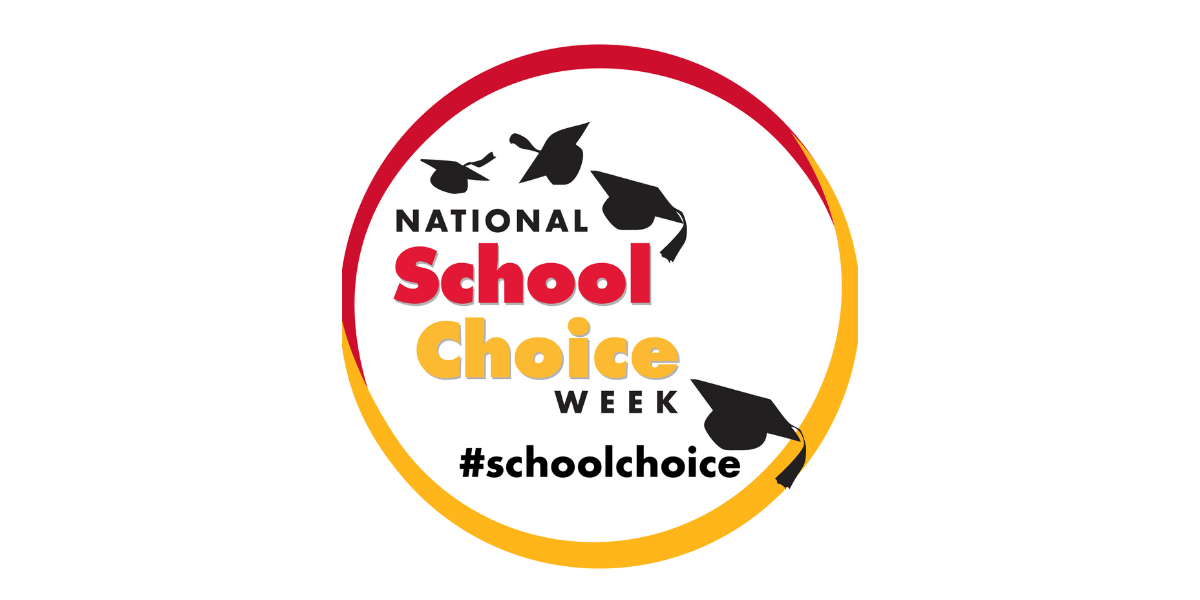Soo Locks Get Full Funding to Complete Upgrade
The Soo Locks are vital to Great Lakes shipping, allowing freighters to navigate between Lake Superior and Lake Huron. They have been in need of modernizing for a long time and the money has now come through from the Bipartisan Infrastructure Law to invest in the locks.
The U.S. Army Corps of Engineers has announced that they are investing $479 million to fully fund the Soo Locks. Previous allocations partially funded the $1.3 billion total cost. The new lock is planned to handle larger vessels and prevent a failure of the existing locks which would be catastrophic to the economy and national security.
Responding to the announcement, Governor Gretchen Whitmer said, “I applaud the US Army Corps of Engineers for making a $479 million investment in the Soo Locks to finish the project, protecting tens of thousands of jobs and uplifting our economy.”
Over 7000 ships pass through the Soo Locks every year carrying 86 million tons of cargo. The locks enable smooth passage despite a 21-foot elevation difference between the two lakes.
Reporting for WGRT – Jennie McClelland






